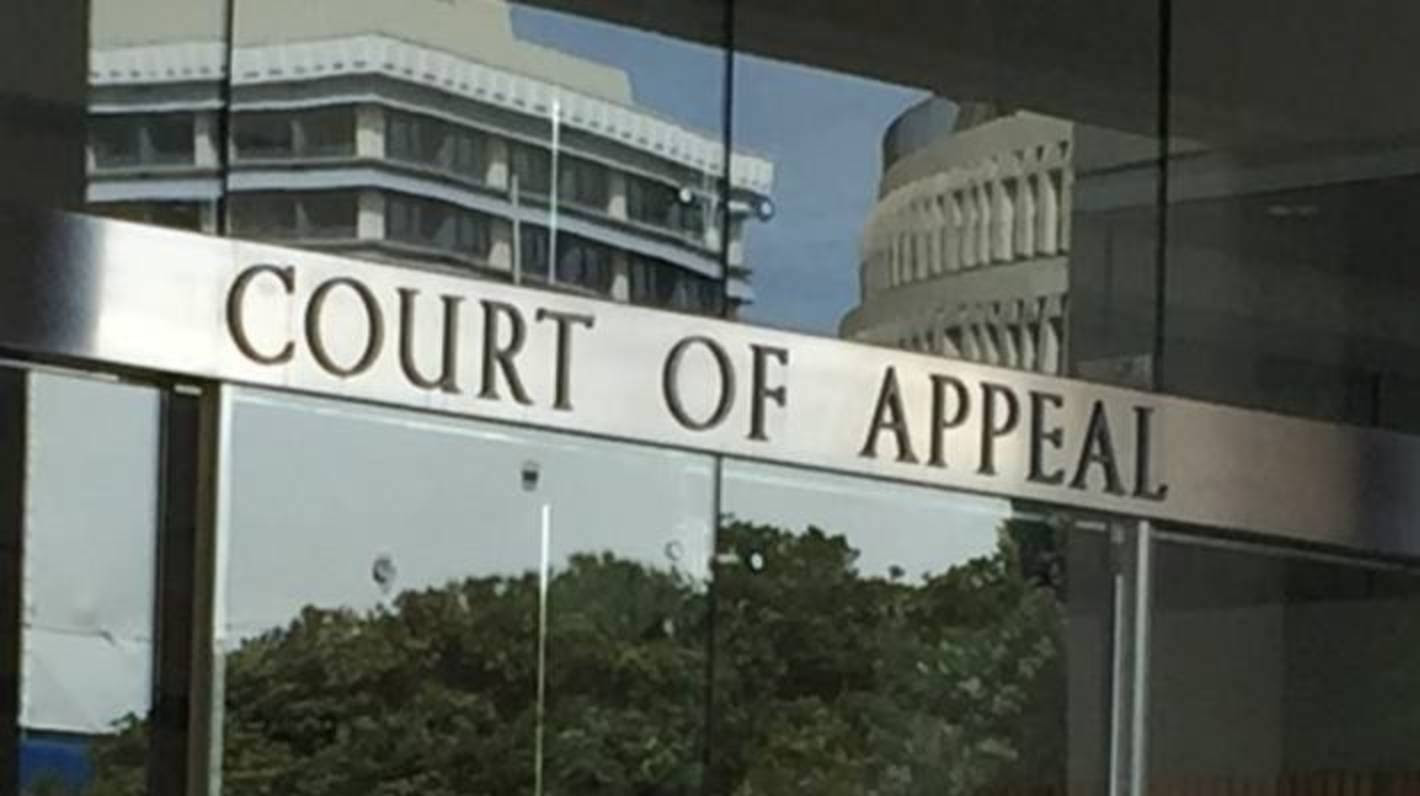Jordan Williams
Free Speech Coalition
The power of public bodies to de-platform speakers deserves to be thoughtfully considered and we say it’s a matter of public concern.
Unusually the permanent Court of Appeal panel will be hearing the appeal here in Auckland – it will sit in the old Court Room 1 at the Auckland High Court. We’ll publish the details closer to the time if you’d like to come and watch.

With momentum building for the September 19th election, we learnt last week that hate speech legislation will not be introduced before the election. With discussions between NZ First and Labour still underway, we hope that Winston Peters’s promise to support the freedoms of New Zealanders will hold true. We’ve got our ear to the ground and are making enquiries in Wellington on this and hope to update you soon on which parties stand where on the issue.

In a positive sign for free discourse in higher education, Victoria University of Wellington hosted a debate on the legislation of hate speech last week. Professor Paul Spoonley of Massey University and Deputy Leader of the New Conservatives Elliot Ikilei squared up in an energetic discussion on the justifications of hate speech legislation. The debate was hosted by the Shalom Student’s Association VUW. You can watch their video of the full debate below.
You can also read and listen to Free Speech Coalition contributor Dane Giraud’s response to the debate below.
Dane Giraud: Prof. Paul Spoonley Doesn’t Believe in the Multicultural Society
Distinguished Professor Paul Spoonley, a long-time observer of the far-Right and supporter of new hate speech legislation, and Elliot Ikilei, deputy leader of the New Conservatives met to debate hate speech legislation on June 29th at Victoria University. Prof Spoonley no doubt feels deeply that new legislation will better protect minority groups and his concern and energy directed this goal is commendable, but having listened to him a number of times now, his arguments tend to lack depth and explanation and rely on broad assumptions, dare I say even characterisations, of minority groups.
The organisers of the event were the Shalom Students Association and Prof Spoonley focused on the spike in antisemitism around the world especially since 2015/ 16, and an increased need to protect our Jewish community*. Sadly, he never articulated exactly how hate speech legislation would prevent future atrocities. He’s in good company, the Human Rights Commission Chief Commissioner Paul S. Hunt hasn’t managed an explanation either, failing spectacularly in a 2019 RNZ interview with Kim Hill. We were left to assume that Prof Spoonley believes potentially dangerous racists will simply put down their pens at the introduction of new laws, shrug their shoulders and quietly find something better to do with their time. As speech restrictions are invariably a violation of democracy and equality, we really need to understand exactly how they will be effective.
Another striking thing about Prof Spoonley is, for all his professed knowledge of the far-Right, and concern about antisemitism, he doesn’t seem to understand that this ancient hatred is also a conspiracy theory making it a particularly complex form of racism. Advertising that it is no longer legal to express your displeasure at Jewish influence plays directly into ‘Jewish control’ narratives, potentially making the far-Right mission seemingly more urgent to the most deranged. In the Christchurch terrorist’s manifesto, the killer explicitly states that his murderous act will hopefully beget more chaos due to the illiberal policies the government would likely implement. Add the martyr complex embedded in these movements and one has every reason to fear new laws could serve as a provocation. Why is Prof. Spoonley confident this wouldn’t be the case?
Prof Spoonley’s closing address placed new hate speech legislation in the context of our changing demographics and this, to me, was the most disappointing aspect of his showing the other night. Does Prof. Spoonley really believe that multicultural nations demand illiberal speech laws in order to work? And if we are facing acute divisions, as he suggests, wouldn’t it be counter intuitive to hand advantage to select factions? And what does it say about attitudes towards minority groups among sections of academia when Prof. Spoonley suggests hateful speech silences members of minority groups from contributing to the wider debate? Plenty of people, from all walks of life, shy away from engaging online due to the intensity of the discourse. I’m a member of a minority group who is more than happy to jump in and give as good as I get, and I have plenty of Muslim and other friends who are just as confrontational. The narrative of the wall flower minority member is already a rather well-established, convenient trope among academics of Spoonley’s ilk that denies the strength and diversity within these groups.
Elliot Ekilei, in starting off his night, wanted to make clear that he was not an academic and that his own positions would be informed by the streets and his years of activism in South Auckland. As pleasant as Elliot always is, it started to feel like a thinly veiled insult the longer he wrung this towel. Yet for all of Prof. Spoonley’s experience and knowledge I was left feeling there is still significant distance between himself and some of our minority groups. This gap in understanding won’t serve minorities very well. To his credit, Prof. Spoonley admitted we need more debate on the topic, and I would personally love to take him up on this, potentially on the Free Speech Coalition podcast. Professor Spoonley, the invitation is open.
* The NZ Jewish Council oppose new hate speech legislation which is something it would be good to hear Prof Spoonley address at some point.
If you enjoyed this BFD article please consider sharing it with your friends.

